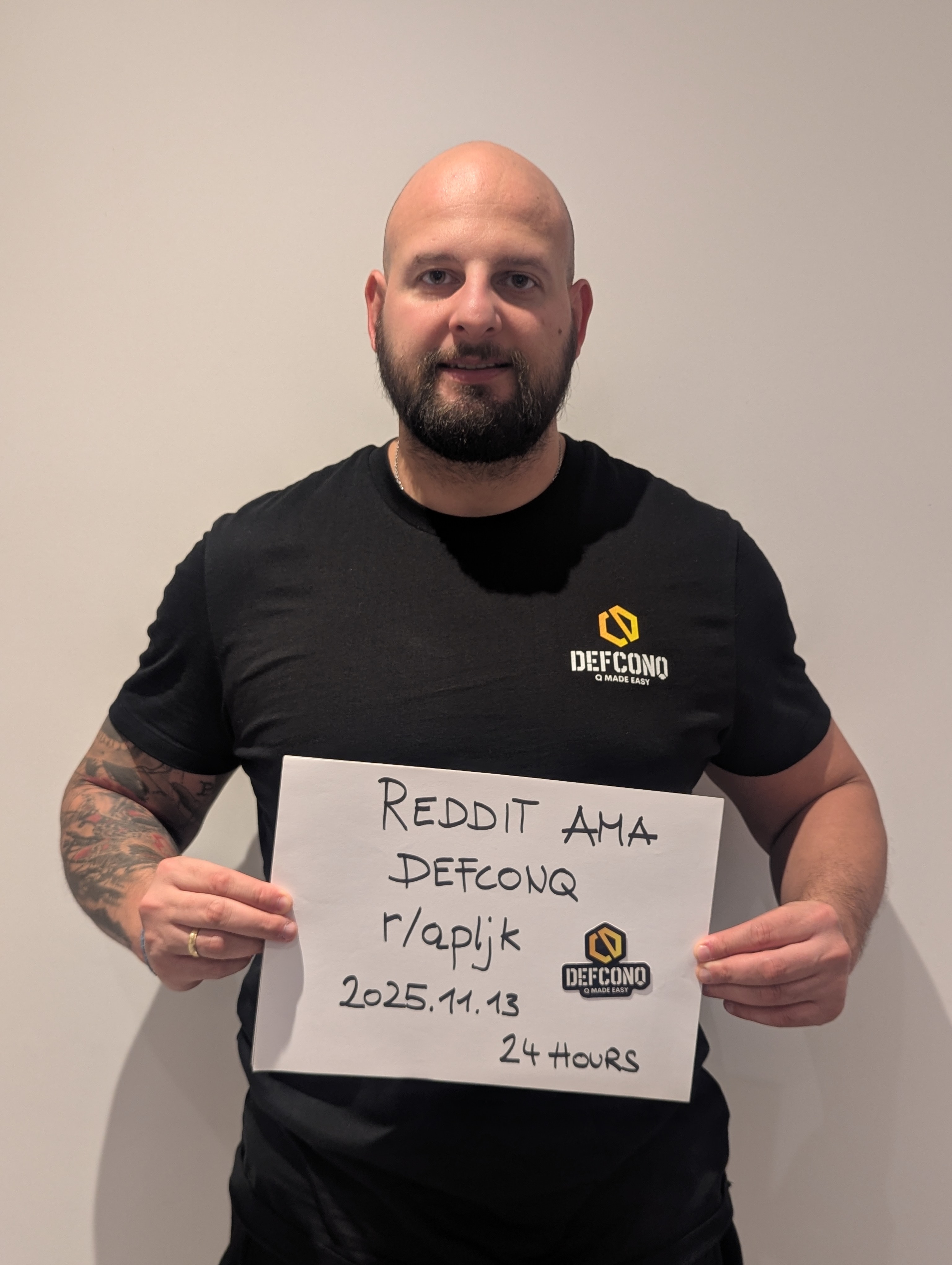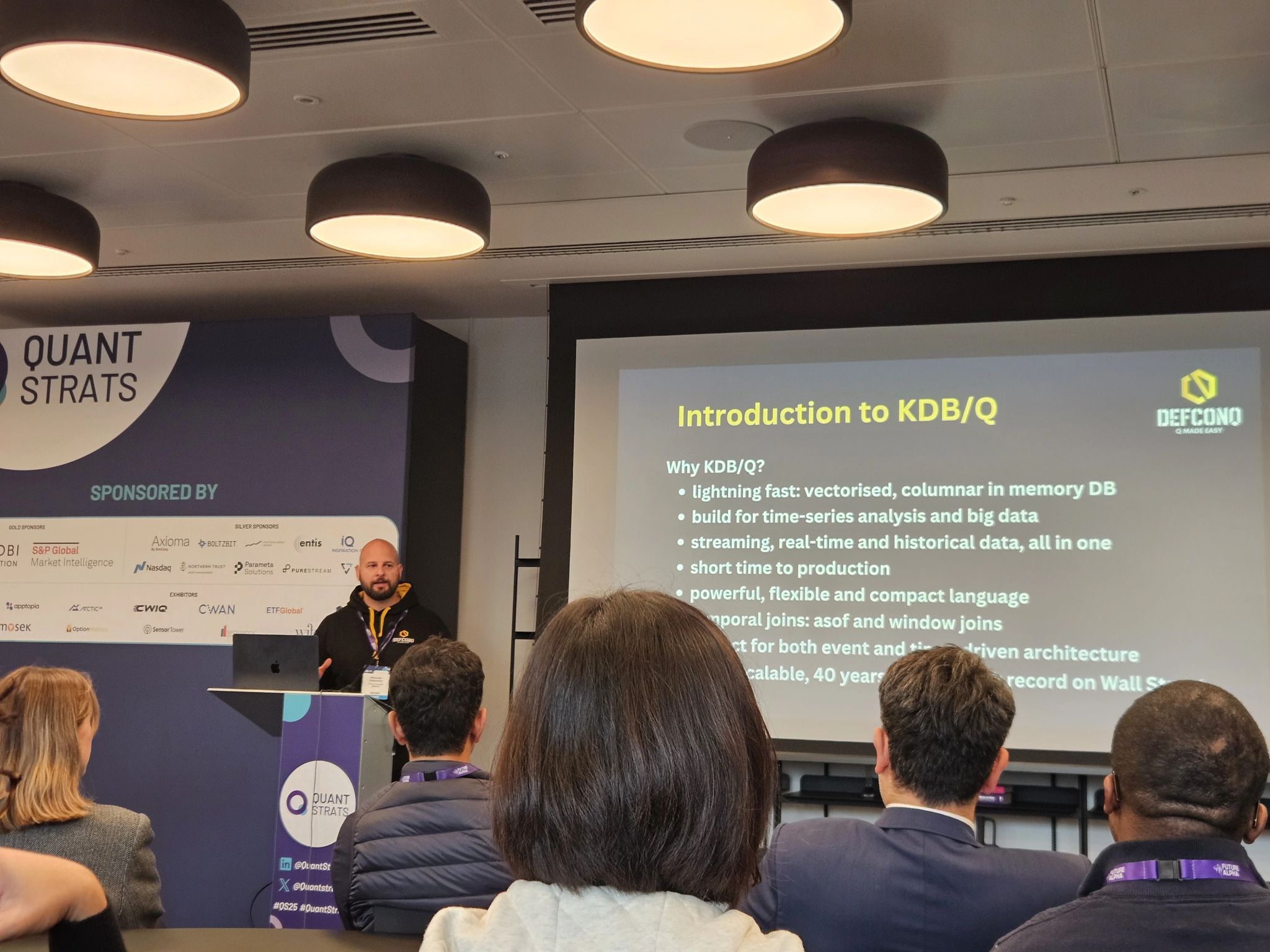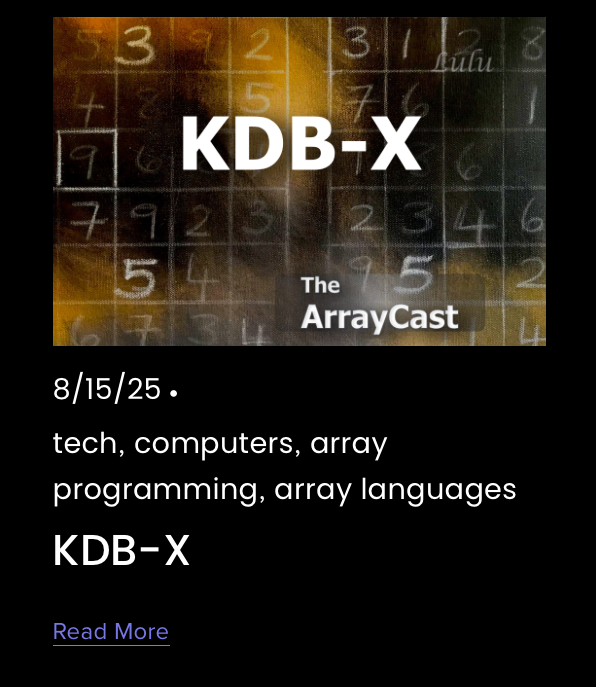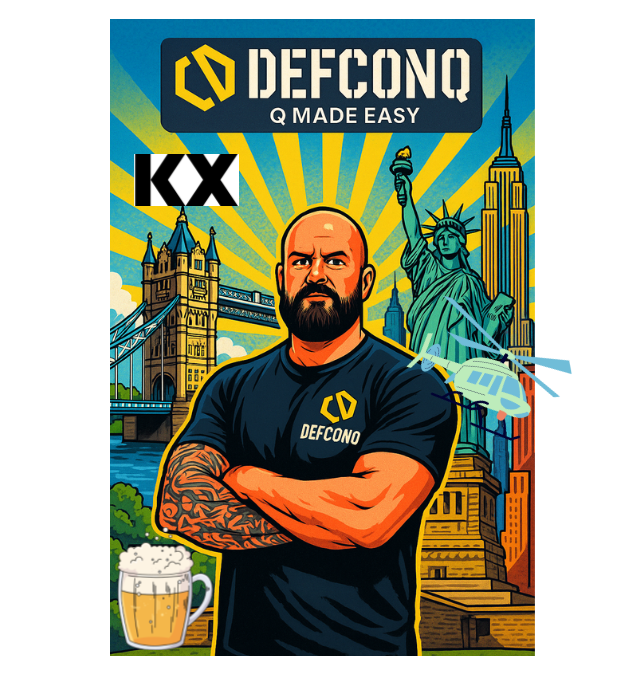Nasdaq Extends Trading Hours - What It Really Means for Market Data Systems
Yesterday (2025.12.16) Nasdaq announced an extension of its trading hours, a move that once again reshapes how modern markets operate. While headlines focus on increased accessibility and global participation, the real impact is felt much deeper in the technology stacks that power trading, analytics, and risk systems. Extending trading hours is not just a business or regulatory change. It’s a data engineering problem. And a non-trivial one. In this post, I want to unpack what extended trading hours actually mean from a technical perspective, why many traditional data architectures will struggle, and why systems built with KDB/Q (or KDB-X) are particularly well suited to absorb this change without breaking a sweat.









